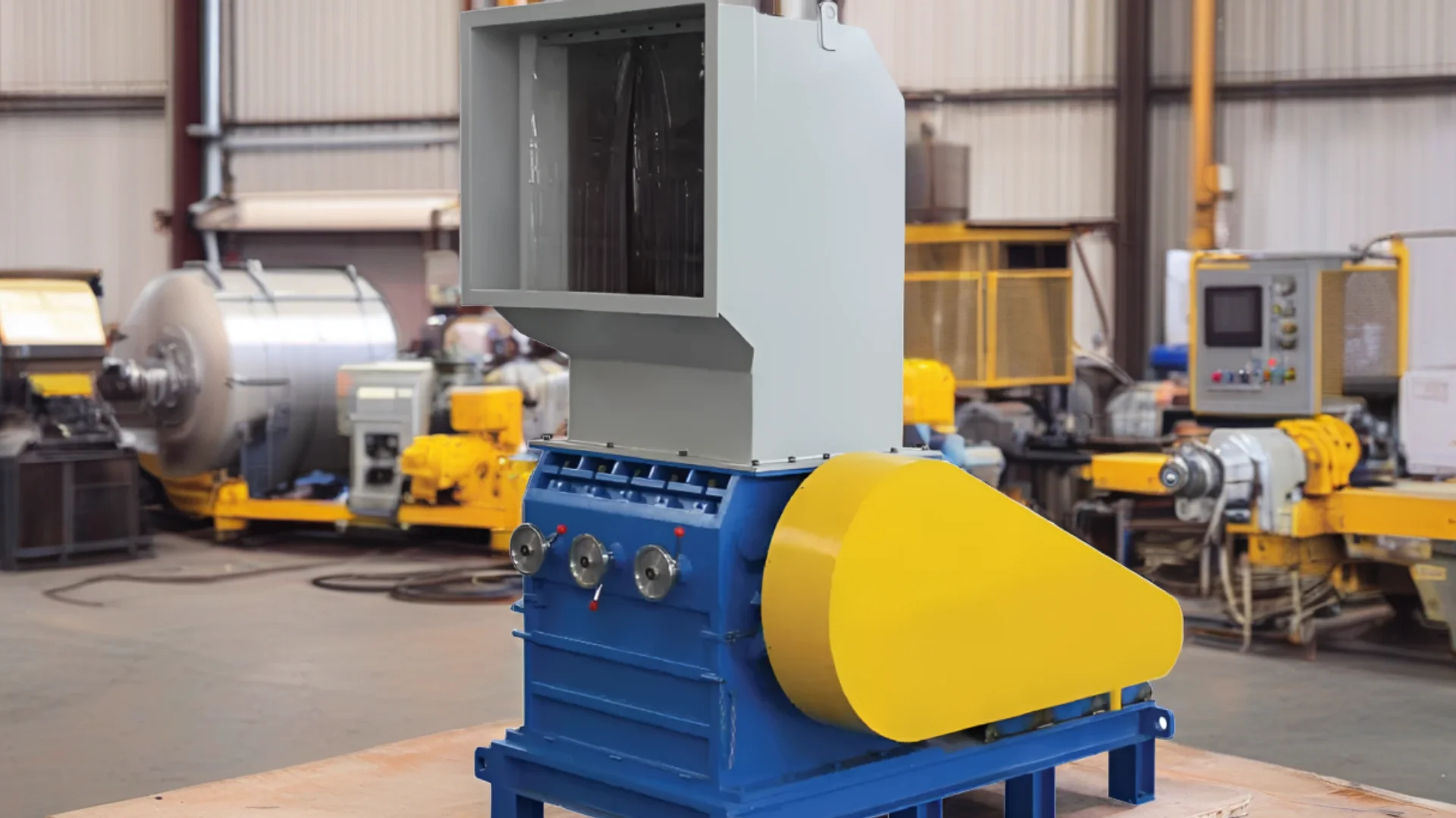No mundo da reciclagem e da manufatura, a Granulador de plástico desempenha um papel crucial. Esta máquina é projetada para quebrar resíduos plásticos em pedaços menores, conhecidos como grânulos, que podem então ser reutilizados em várias aplicações. Com o foco crescente em sustentabilidade e redução de resíduos, entender como os granuladores de plástico funcionam e sua importância no processo de reciclagem é essencial para empresas e indivíduos.
O que é um granulador de plástico?
UM Granulador de plástico is a type of machinery used to grind plastic materials into small particles or granules. This process not only helps in recycling plastic waste but also prepares it for reuse in manufacturing new products. The granulation process involves cutting the plastic into uniform sizes, making it easier to handle and process further.
Como funciona um granulador de plástico?
The operation of a plastic granulator involves several key components:
- Feeding System: The plastic waste is fed into the machine through a hopper.
- Câmara de corte: Inside the cutting chamber, rotating blades chop the plastic into small pieces.
- Screening System: A screen ensures that only granules of a specific size exit the machine.
- Collection Bin: The finished granules are collected for further processing or packaging.
This efficient system allows for high throughput and ensures that the resulting granules are of consistent quality.
Benefits of Using a Plastic Granulator
Using a plastic granulator offers numerous advantages:
- Redução de resíduos: By recycling plastic waste, companies can significantly reduce their environmental footprint.
- Eficiência de custos: Reusing granulated plastics can lower production costs compared to using virgin materials.
- Versatilidade: Plastic granulators can handle various types of plastics, making them suitable for different industries.
- Improved Quality: The granulation process enhances the quality of recycled plastics by removing contaminants.
Applications of Plastic Granulators
Plastic granulators are widely used across various industries:
- Recycling Facilities: To process post-consumer and post-industrial plastic waste.
- Plantas de fabricação: To create raw materials for new products.
- Film Production Companies: To recycle defective films or scraps during production.
These applications highlight the significance of plastic granulators in promoting sustainable practices within different sectors.
Choosing the Right Plastic Granulator
When selecting a plastic granulator, consider factors such as:
- Material Type: Ensure that the machine can handle the specific type of plastic you intend to recycle.
- Capacity Needs: Choose a model that meets your production requirements.
- Requisitos de manutenção: Look for machines that are easy to maintain and service.
By taking these factors into account, you can find a granulator that best suits your needs.
Common Questions About Plastic Granulators
What types of plastics can be processed by a plastic granulator?
Plastic granulators can process various types of plastics, including polyethylene (PE), polypropylene (PP), polystyrene (PS), and more.
How do I maintain my plastic granulator?
Regular maintenance includes cleaning the cutting chamber, checking blade sharpness, and ensuring all components are functioning properly to prevent downtime.
Can I use a plastic granulator for other materials besides plastics?
While primarily designed for plastics, some models may also handle materials like rubber or certain composites. Always check with manufacturers for compatibility.
What is the typical output size of granules produced by these machines?
The output size can vary based on screen size used; typically, it ranges from 2mm to 10mm in diameter.
Are there any safety concerns associated with using a plastic granulator?
Yes, operators should follow safety guidelines to prevent injuries from moving parts and ensure proper ventilation when processing certain plastics.
How does using recycled material affect product quality?
Using recycled materials can maintain product quality if processed correctly; however, contamination must be managed to avoid compromising integrity.
Conclusão
In conclusion, understanding the role of a Granulador de plástico is vital for anyone involved in recycling or manufacturing industries. These machines not only facilitate efficient waste management but also contribute significantly to sustainability efforts. By choosing the right model and maintaining it properly, businesses can reap substantial benefits while promoting eco-friendly practices. Whether you’re looking to reduce costs or minimize your environmental impact, investing in a plastic granulator could be an excellent decision for your operations.



